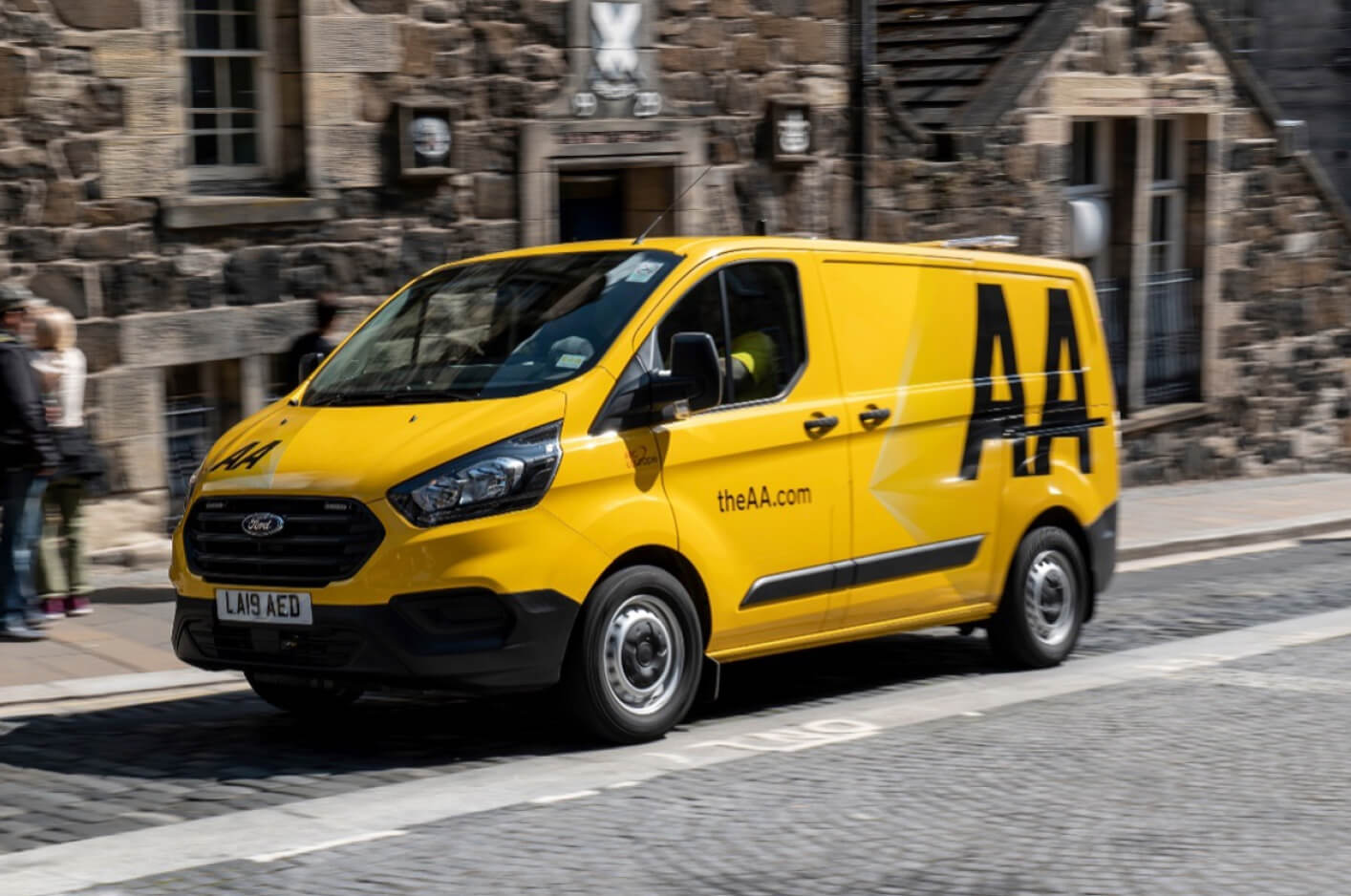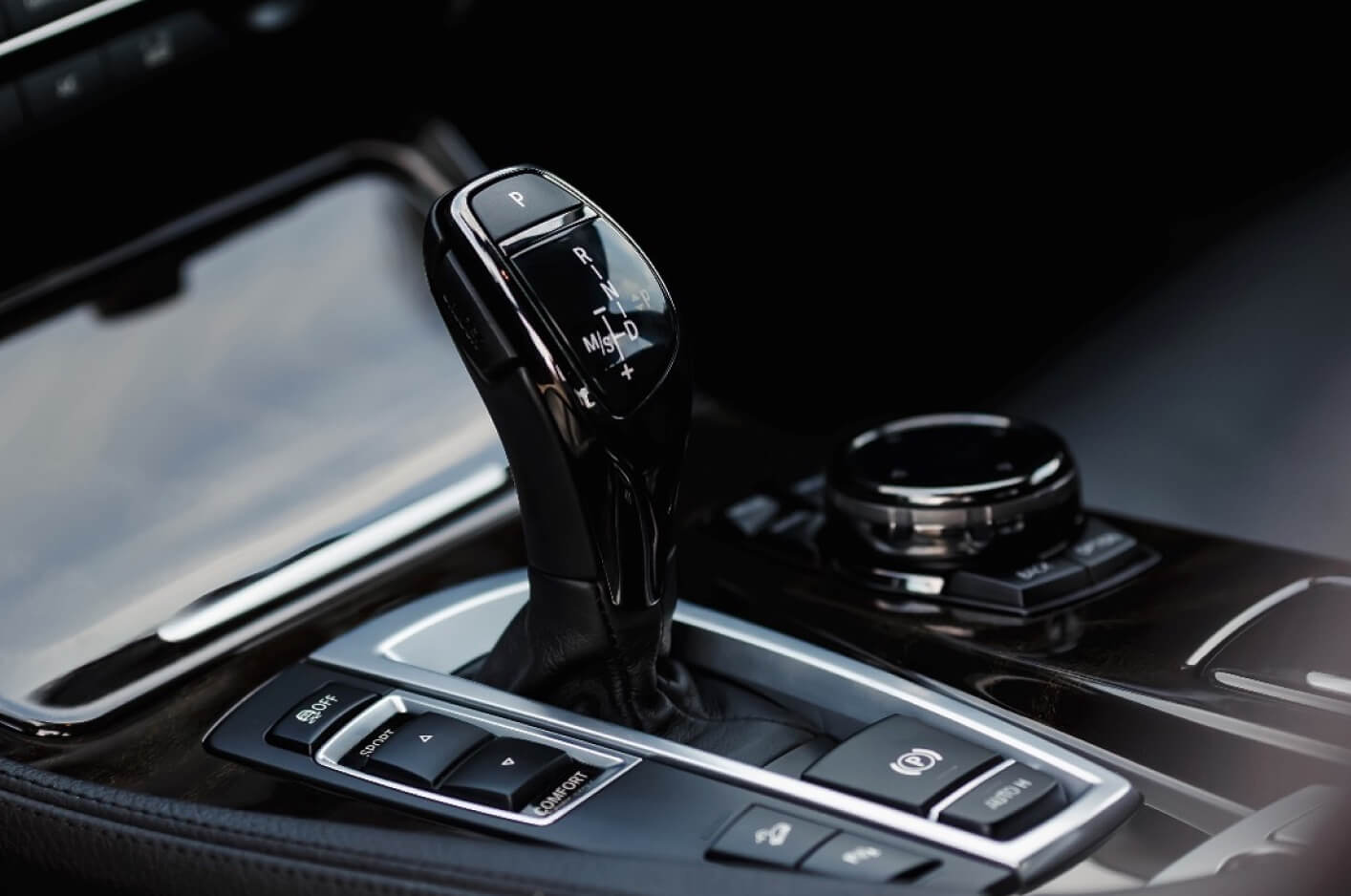19 August 2019
Government launches new security guidance for commercial vehicle operators and drivers
The Department for Transport has submitted new guidance to drivers and fleet operators to help mitigate the threat of vans and larger vehicles.

- Lorries and vans create increased risk when used in VAW.
- Large vehicles have been used in numerous attacks, killing hundreds of people.
The guidance outlines:
- Steps for operators and drivers to improve a security culture, as well as site and vehicle security
- The importance of having a security plan which uses a five-step model.
New best practice guidance to help mitigate the threat of vans and larger commercial vehicles being used as a weapon has been issued to drivers and fleet operators by the Department for Transport.
Richard Turfitt, senior traffic commissioner for Great Britain, says in the guide, 'Countering Vehicle as a Weapon: Best Practice Guidance for Goods Vehicle Operators and Drivers' : "The use of vehicles as a weapon to injure and kill people has become a real threat, which means people who operate and drive commercial vehicles need to act. It is vital that transport businesses adopt a responsible approach to security."
The guide is based on best practice advice from agencies, which are charged with protecting all members of society, and, said Mr Turfitt, consisted of "some simple and inexpensive procedures to assist operators, transport managers and drivers".
He continued: "Our key message is for you and your employees to take security as seriously as you take safety."
The guide says: "A vehicle can be used as a weapon intentionally to injure and kill people. 'Vehicle as a weapon' (VAW) is a low complexity methodology requiring little or no training. With a plentiful source of vehicles on UK roads, it is therefore within the capability of individuals to try and steal one and use it in an attack.
"Crowded public spaces are targeted by this type of attack. There are a range of online terrorist and extremist materials aimed at inspiring terrorists to carry out VAW attacks and previous attacks have encouraged copycats, who now see VAW as a successful means to cause terror. Lorries and vans pose an increased risk if used in VAW attacks because of their size, profile and weight, all of which increase the potential impact.
"This is a real threat: there have been numerous VAW attacks in the UK and around the world in recent years, killing and injuring hundreds of innocent people. Consequently, VAW remains a likely attack methodology for the foreseeable future."
The guidance outlines the steps operators and drivers can take to help keep the public and their organisation safe from attack. The guidance covers:
- Security culture - including pre-employment checks for staff and drivers
- Site security - including vehicle access and operating centres
- Vehicle security - including checking vehicles and what to do if a vehicle is taken.
The guidance also contains security tips for commercial vehicle drivers:
- Avoid talking about loads or routes with unauthorised persons - including over radios and telephones. Do not post information about your route or location on social media, be aware of your 'digital footprint', and take care to avoid unwitting disclosure of route/location through mobile phone security settings and geolocation of pictures. Discuss high risk routes with your transport office
- Lock and secure your vehicle whenever you leave the cab and keep the keys secure, including when unloading and loading, always follow company security policies and instructions
- Carry out visual walk around checks when leaving and returning to the vehicle to make sure it has not been tampered with. Report any irregularity in loading, locking, sealing or documentation to your company
- When conducting walk around checks, think 'security as well as safety'
- Never carry goods for anyone, other than the authorised load
- If you are forced to change your route, inform your Transport Office immediately
- If someone is acting suspiciously or something 'doesn't feel right' either at the depot or on the road, report it to Action Counters Terrorism (ACT), call 0800 789 321 and contact your company
- Do not allow unauthorised passengers into the cab
- Keep your phone fully charged and on you at all times. Store important phone numbers
- Be mindful of your personal security. Keep ID documentation and wallets secure and out of sight
- Beware of attempts to deceive, such as by bogus police and Driver and Vehicle Standards Agency officers - stay vigilant always.
The guide also outlines the importance of businesses having a security plan which:
- Allocates security responsibility to a staff member with appropriate authority to make security decisions and implement them
- Assesses risks posed by your vehicle operations including working with key partners and the insider threat
- Identifies possible solutions that will prevent a vehicle being used in an attack and
- Uses the following five-step model to ensure good vehicle security
management:
- Assess risks
- Examine solutions
- Compare alternatives
- Implement decisions
- Monitor results.
The British Vehicle Rental and Leasing Association (BVRLA), of which Activa Contracts is a member, is an active supporter of the national ACT campaign, which encourages vigilance, provides advice and promotes the importance of reporting anything suspicious. Further information on the BVRLA's activities to combat vehicle terrorism is available at: https://www.bvrla.co.uk/industry-campaigns/vehicle-terrorism.html


